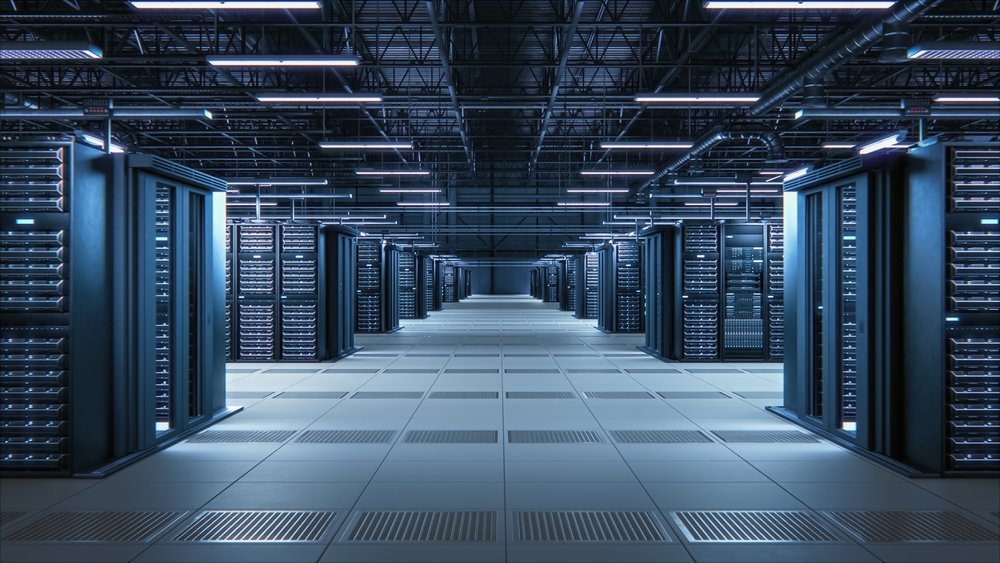The AI boom has reached Europe, but in Germany, this digital surge is quickly encountering physical limitations. Frankfurt is the hub for data centers, but the power supply is dwindling while demand is increasing. AI growth here is colliding with an energy crisis, grid overload, and political obstacles. Nuclear power is lacking, and the infrastructure is crumbling. Key players in the energy transition warn: the digital future is consuming more electricity than is available. (welt: 07.11.25)
AI Boom Meets Energy Shortage
Frankfurt is under pressure. Data centers are piling up in key locations. Demand already exceeds one gigawatt, and the figure continues to rise due to the unchecked AI boom. Data farms consume vast amounts of energy – but the power grid is already operating at near capacity. The electricity crisis and grid overload are slowing down expansion because new connections are becoming increasingly difficult to obtain. At the same time, politicians are pushing for stricter environmental standards, which further delays development.

More nuclear power could help, but Germany has shut down its nuclear energy plants. While the USA is reactivating decommissioned reactors, Frankfurt is resorting to makeshift solutions. Operators are talking about an “energy shortage” because there is a lack of additional electricity everywhere. Data centers are now planning their own power lines and local power plants to supply themselves.
Data Centers as Victims of Grid Overload
Digital corporations like Digital Realty are laying their own power lines. A cable runs for over 16 kilometers from the Karben substation directly to the digital park. The AI boom is forcing these measures because the public grid is experiencing system overload. Regional grid operators are lagging behind because public approval processes take too long. Private players are circumventing this with direct land contracts. The electricity crisis is thus leading to a parallel infrastructure.
Another example: CyrusOne is building its own gas-fired power plant, which is later to be converted to hydrogen operation. But this, too, is a sign of deeper problems. While AI growth is theoretically supposed to be emission-free, operators are resorting to fossil fuel solutions. The lack of nuclear power is forcing improvisation.
Trade-off between the Digital Industry and the Energy Sector
There is also a shortage of land. Substations require up to 30 hectares of land. However, battery operators are securing these sites first, hoping for profits from storage services. A grid overload is already threatening before new data centers even come online. Grid operators like TenneT warn that the infrastructure is becoming the bottleneck of the digital revolution. The AI boom is clashing with environmental policy, and regulations are blocking every attempt to accelerate development.
The so-called “first-come, first-served” principle is causing further disruptions. Whoever submits applications first gets connections first. Large battery storage facilities benefit from this. Data centers are left empty-handed. System overload means that electricity connections for the digital sector are becoming a scarce commodity. Without fundamental reforms, the growth of data farms remains theoretical – and the AI boom a fiction.
Conclusion: A future without energy remains wishful thinking
Politically, there is uncertainty. Authorities are pointing to politicians, who need to set priorities. One thing is clear: without reform, Germany will lose its position as a high-performing IT hub. What looks like an electricity crisis today would be a digital setback tomorrow. The AI boom is progressing, but without a reliable energy supply, it will stall. Only an expansion of nuclear energy, grid capacity, and renewable energy sources will provide a solution.
